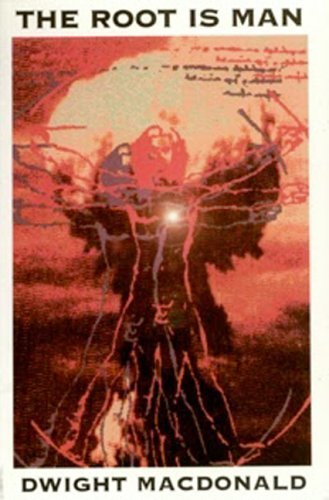What do you think?
Rate this book


Paperback
First published January 1, 1953
If effective wars cannot be fought by groups the size of New England town meetings, and I take it they cannot, this is one more reason for giving up war (rather than the town meeting).
Any suggestion, for example, that maybe we know more about nature by now than is good for us, that a moratorium on atomic research might lose us cheaper power but gain us the inhabited globe — the slightest speculative hint of such an idea is greeted with anger, contempt, ridicule. And why not? A god is being profaned.
We must learn to live with contradictions, to have faith in skepticism, to advance toward the solution of a problem by admitting as a possibility that it may be insoluble.